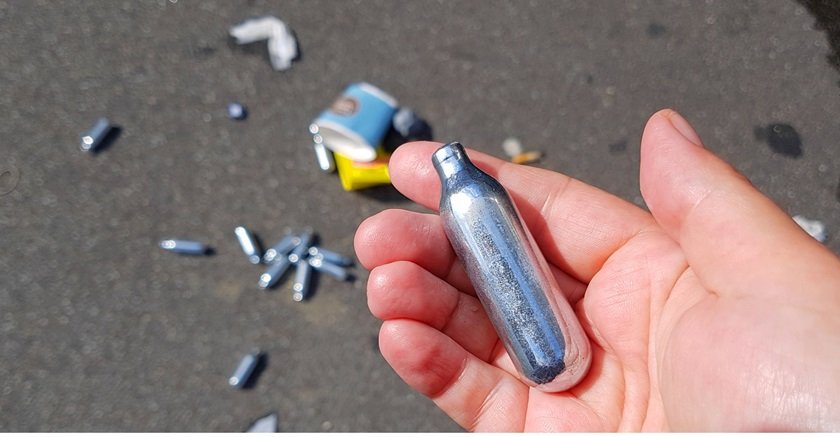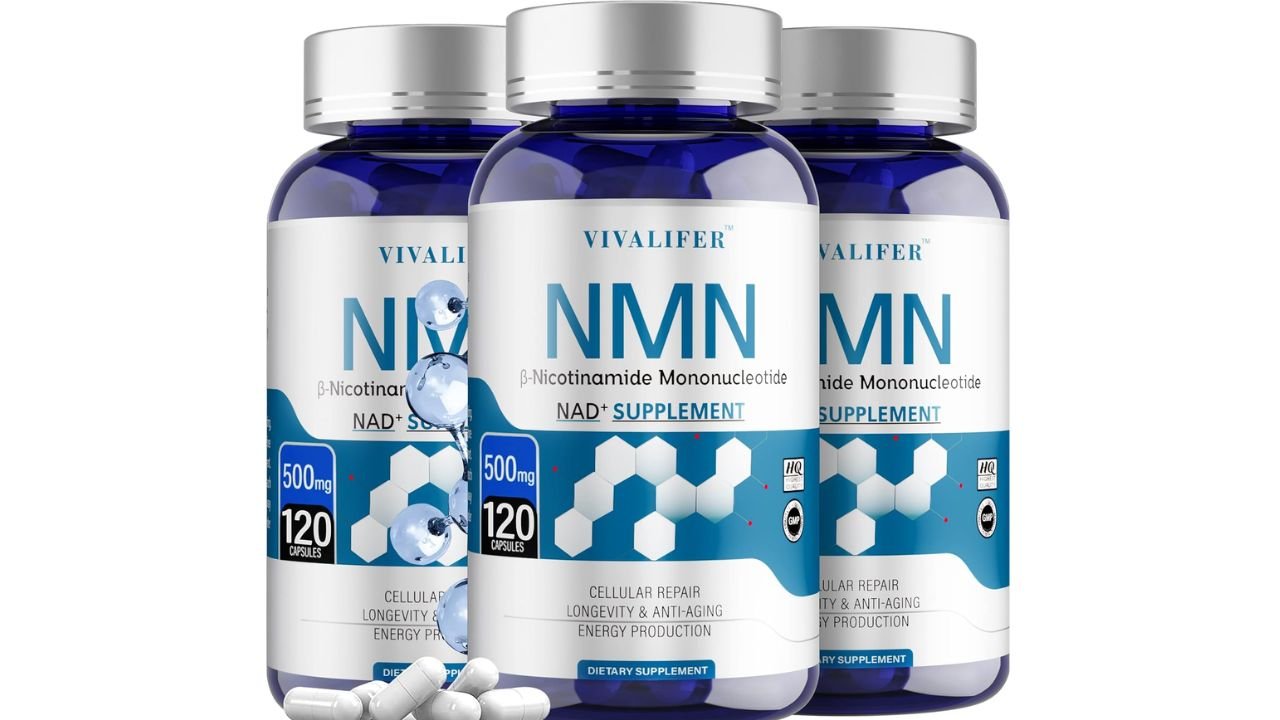Whippets, commonly known as “whippits,” are a form of recreational drug use involving the inhalation of nitrous oxide, a colorless gas primarily used in medical settings for pain relief and sedation.
However, when utilized outside controlled medical environments, nitrous oxide poses risks due to its abuse for its euphoric and relaxing effects. “Whippets” specifically denote the inhalation of nitrous oxide, often obtained from cartridges found in products like whipped cream dispensers. Let’s look at what are whippets and their dangers.
Understanding Nitrous Oxide and Its Effects
Mechanism of Action
Nitrous oxide affects various sensations, including touch, pain, and hearing, and also impacts emotional areas of the brain. Despite extensive usage, the precise mechanism through which it induces these effects remains incompletely understood. Nevertheless, it is known to cause dissociative effects, resulting in feelings of euphoria and relaxation.
Historical Context
Nitrous oxide has a longstanding history of recreational use, but its widespread abuse has increased due to easy access facilitated by packaging in whipped cream canisters. Unlike certain opioids, nitrous oxide holds legitimate medical value in managing pain and anxiety, even being utilized in dental procedures to alleviate patient discomfort and anxiety.
Demographics of Abuse
Adolescents and young adults are particularly susceptible to abusing whippets due to the gas’s easy availability and affordability compared to other substances. The absence of specialized equipment required for inhalation makes it appealing to those seeking a quick high.
Immediate and Long-Term Effects
Immediate effects of nitrous oxide inhalation often include bouts of laughter, masking the gradual reduction of oxygen supply to the brain. This can result in impaired judgment and cognitive function. Prolonged usage may cause lightheadedness, dizziness, slurred speech, coordination problems, and potentially long-term psychological and physical damage.
The Perils of Addiction
Whippet addiction frequently leads to polydrug abuse, increasing the risk of adverse reactions or even unconsciousness. Long-term consequences may involve behavioral changes, depressive symptoms, hearing impairments, and deficiencies in essential vitamins.
Seeking Treatment for Whippet Abuse
It’s crucial to understand that whippets carry significant risks despite their seemingly harmless nature. Immediate euphoria can lead to severe and lasting physical as well as psychological repercussions. Seeking professional intervention is paramount for patients grappling with whippet addiction.
The Role of Treatment Centers
Treatment Centers specialize in providing evidence-based care for inhalant abuse. These facilities offer comprehensive support and interventions tailored to address not just the addiction itself but also the underlying causes of substance abuse.
Comprehensive Rehabilitation
Rehabilitation programs designed for whippet addiction emphasize not only detoxification and withdrawal management but also psychological counseling, cognitive-behavioral therapy, and relapse prevention strategies. These programs aim to equip patients with the necessary tools to overcome addiction and lead a healthier life.
Summary
Whippets, a manifestation of recreational nitrous oxide use, might appear innocuous on the surface but carry significant risks. Immediate euphoria can lead to long-term health issues and potentially lead to more severe substance abuse problems.
Educating the community on what are whippets, recognizing the dangers, and providing accessible avenues for support and treatment are crucial steps in mitigating the risks associated with this form of substance abuse. Seeking professional assistance and rehabilitation is imperative for patients struggling with whippet addiction to ensure their physical, mental, and emotional well-being.



